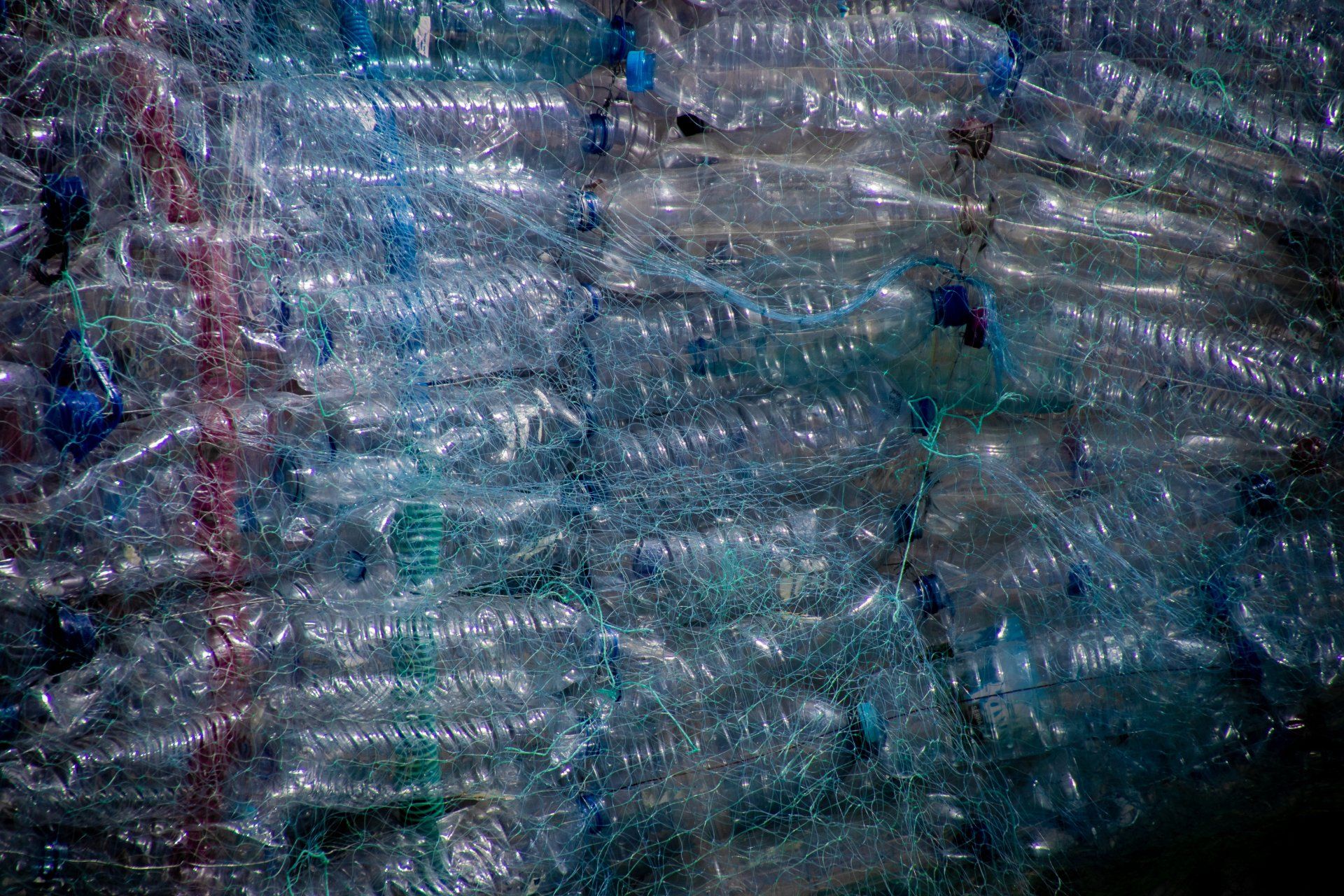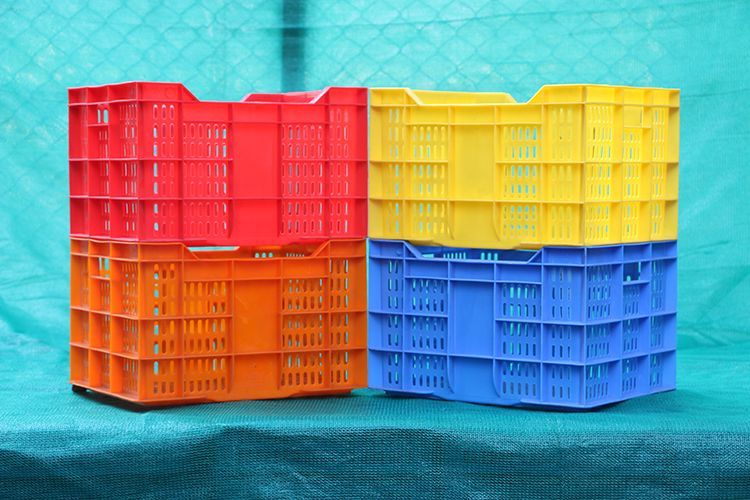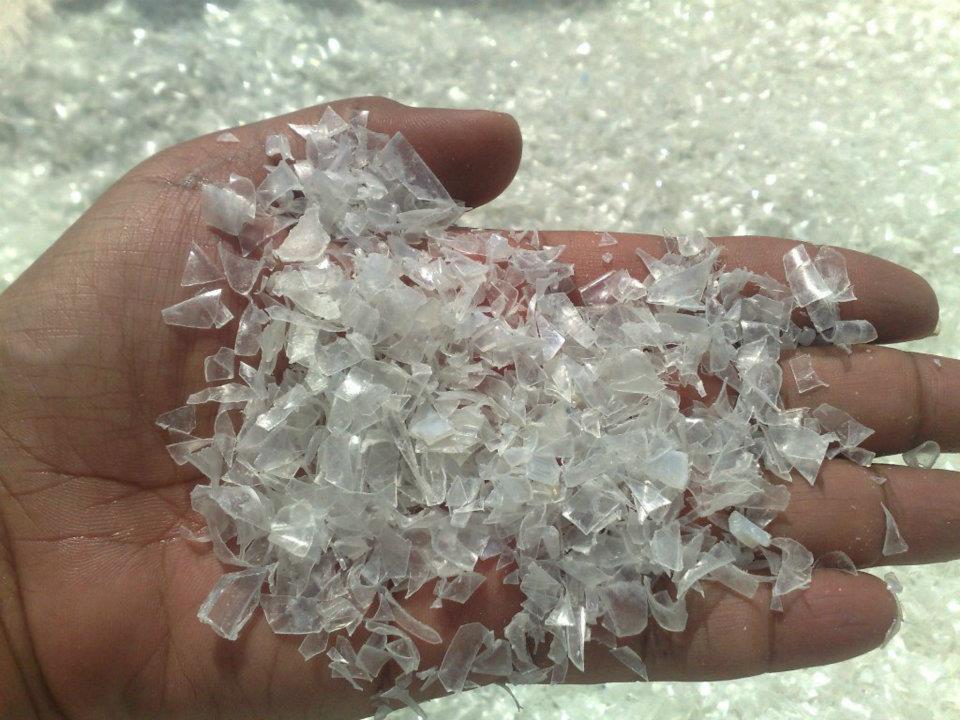In today's ever-evolving world, the need for sustainable practices has become more pressing than ever.
As the global population continues to grow, so does the amount of waste we generate. However, amidst this challenge lies an opportunity for change. In recent years, waste management practices and plastic recycling have emerged as key players in shaping a sustainable future.
By closing the loop on waste, we can reduce our environmental impact, conserve resources, and create a circular economy that thrives on the principles of reuse and recycling. This article delves into the innovative strategies and technologies that are revolutionizing waste management and plastic recycling, highlighting the positive impact they are making on our planet. From advanced sorting systems to cutting-edge recycling processes, join us as we explore how these practices are paving the way towards a greener and more sustainable future for generations to come.
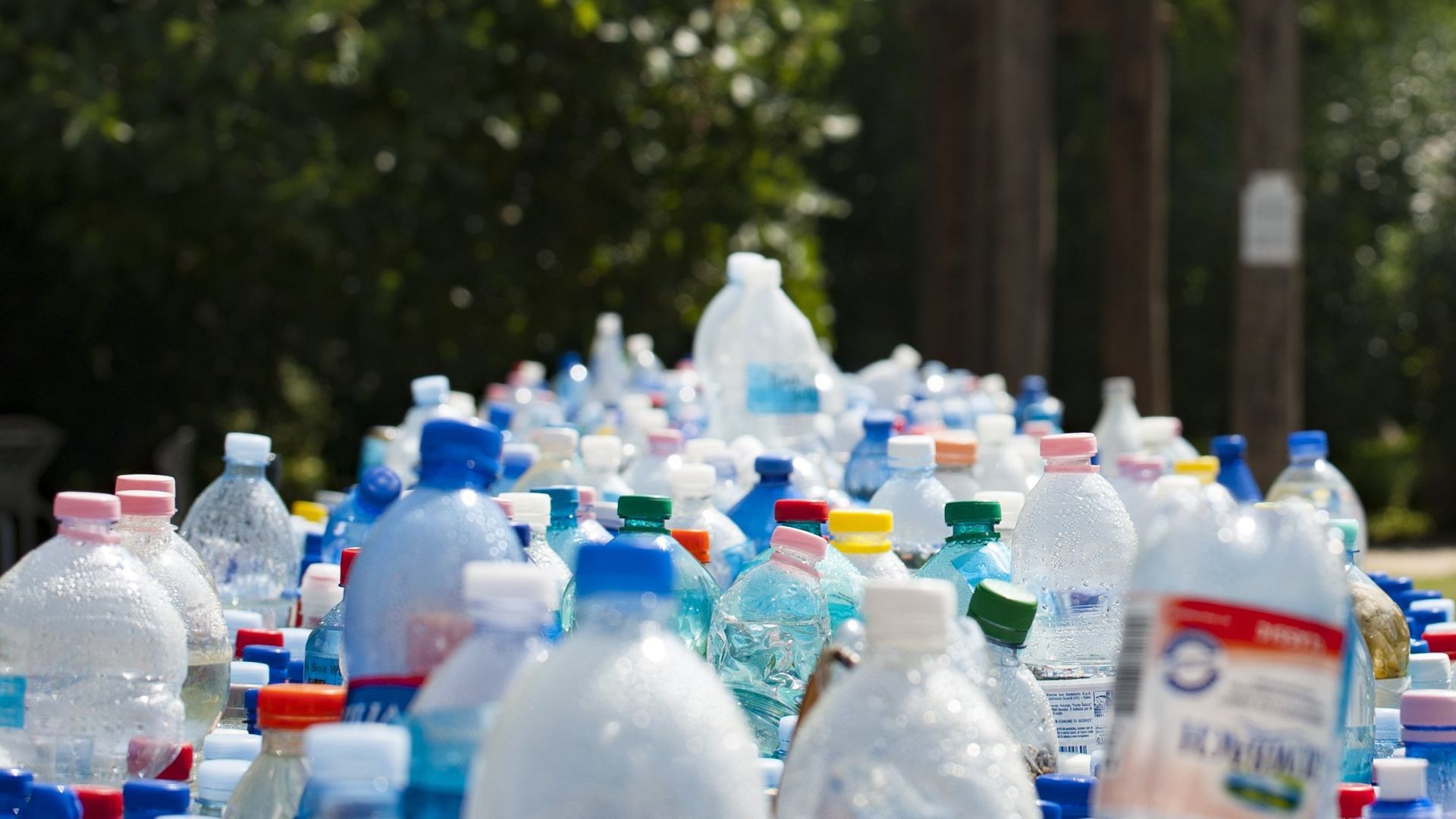
The environmental impact of improper waste management
Improper waste management has severe consequences for our environment. When waste is not managed effectively, it can end up in landfills or, even worse, in our oceans and natural habitats. The accumulation of waste in these areas leads to pollution, ecosystem degradation, and harm to wildlife. Moreover, as waste decomposes, it releases greenhouse gases such as methane, exacerbating climate change. The environmental impact of improper waste management is clear, and urgent action is needed to address this issue.
One way to mitigate the environmental impact of waste is by implementing proper waste management practices. This involves the effective collection, sorting, and disposal of waste materials. By ensuring that waste is managed in a responsible manner, we can prevent pollution, minimize the release of greenhouse gases, and protect our natural ecosystems. Proper waste management is the first step towards closing the loop and creating a more sustainable future.
The importance of closing the loop in waste management
Closing the loop in waste management is crucial for achieving a sustainable future. The concept of closing the loop revolves around the idea of creating a circular economy, where resources are reused and recycled rather than discarded. Instead of treating waste as a problem, closing the loop transforms it into a valuable resource. By adopting this approach, we can conserve resources, reduce the need for raw materials, and minimize our environmental impact.
Closing the loop involves various strategies, such as recycling, composting, and waste-to-energy conversion. Recycling, in particular, plays a significant role in closing the loop. It involves the collection and processing of waste materials to create new products. By recycling materials like paper, glass, and plastic, we can reduce the demand for virgin resources and minimize energy consumption. Closing the loop not only benefits the environment but also presents economic opportunities and job creation in the recycling industry.
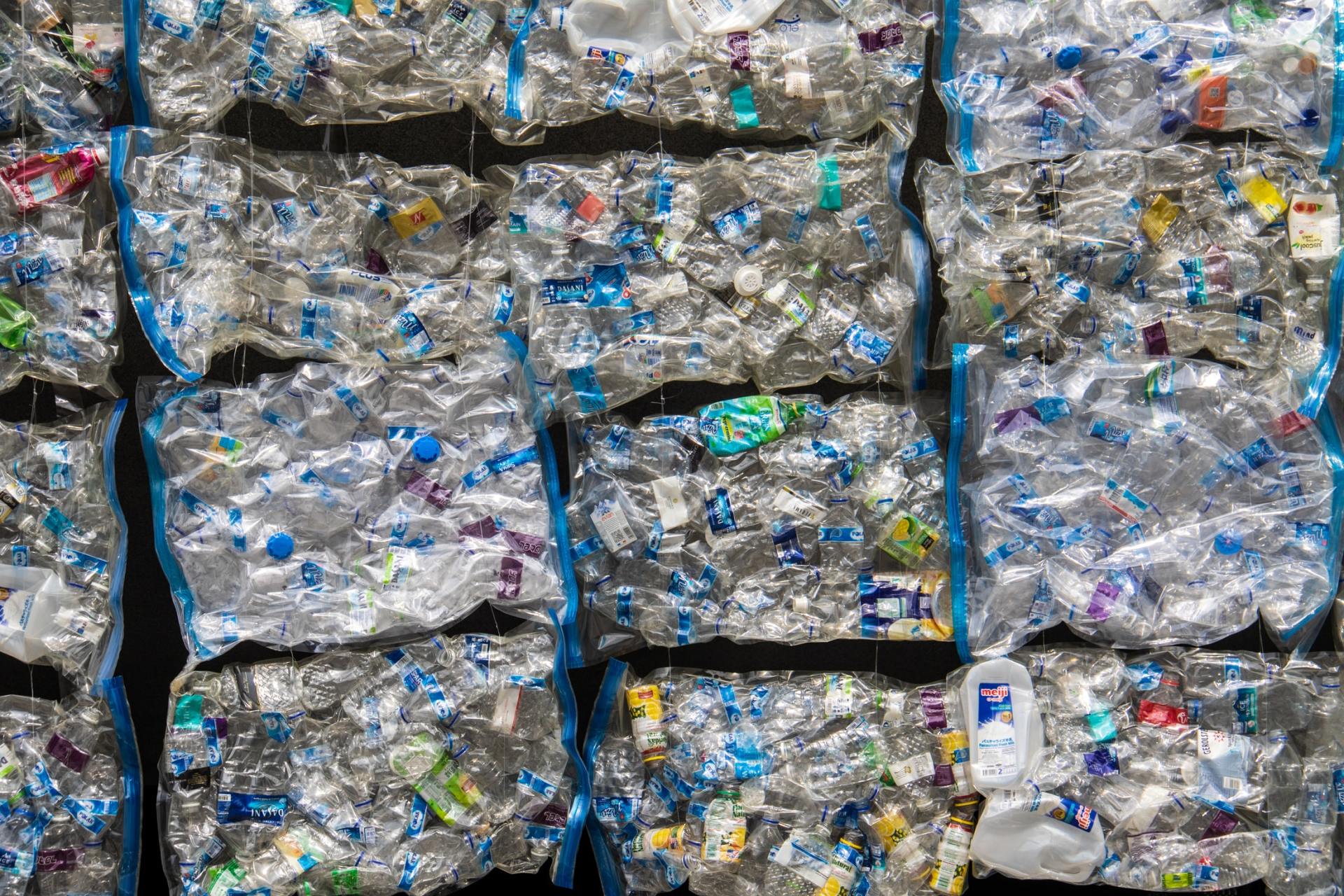
The process of plastic recycling
Plastic recycling is a key component of waste management and plays a vital role in closing the loop. The process of plastic recycling typically involves several stages, starting with collection and sorting. Once collected, plastics are sorted based on their type and quality.
After sorting, the plastics are cleaned and prepared for recycling. This may involve shredding or grinding the plastic into smaller pieces. The next step is the actual recycling process, which varies depending on the type of plastic being recycled. Common methods include mechanical recycling, where plastics are melted and remolded into new products, and chemical recycling, which involves breaking down the plastic molecules to create new materials.
Once the plastic has been recycled, it can be used to manufacture a wide range of products, including packaging materials, textiles, furniture, and construction materials. Plastic recycling not only reduces the demand for virgin plastics but also prevents plastic waste from ending up in landfills or polluting our oceans.
Advances in plastic recycling technology
Advances in plastic recycling technology have significantly improved the efficiency and effectiveness of the recycling process. Cutting-edge sorting systems now use advanced sensors and optical technologies to accurately identify and separate different types of plastics. This allows for more precise sorting and ensures that only recyclable plastics are processed.
In addition to sorting, innovations in recycling processes have led to more efficient and sustainable methods of plastic recycling. For example, advancements in mechanical recycling have made it possible to recycle a wider range of plastics, including those with complex structures. Chemical recycling technologies, such as pyrolysis and depolymerization, have also emerged as promising solutions for recycling plastics that are difficult to recycle through traditional methods.
Furthermore, researchers and scientists are continually exploring new ways to improve plastic recycling. This includes the development of new materials, such as biodegradable plastics and bio-based polymers, which have the potential to further reduce our reliance on fossil fuels and decrease the environmental impact of plastic waste.
Challenges in plastic recycling and waste management
While plastic recycling and waste management practices have made significant progress, there are still challenges that need to be addressed. One of the main challenges is the lack of infrastructure and investment in recycling facilities. Many regions still do not have adequate recycling facilities, making it difficult to effectively process and recycle plastic waste. Additionally, the high cost of recycling and the low market value of recycled plastics can pose financial challenges.
Another challenge lies in the complexity of plastic materials. Plastics come in different types and compositions, each requiring specific recycling processes. Some plastics, such as multi-layered packaging, are particularly difficult to recycle due to their complex structure. Developing efficient recycling methods for these types of plastics remains a challenge.
Education and awareness are also crucial in promoting plastic recycling and waste management. Many people are still unaware of the importance of recycling and how to properly dispose of their waste. Educating the public and raising awareness about recycling practices can help encourage more people to participate in recycling programs and reduce contamination in recycling streams.
Best practices for waste management and plastic recycling
To achieve effective waste management and plastic recycling, it is essential to follow best practices. These include:
List of Services
-
Source separation:List Item 1
Encouraging individuals and businesses to separate their waste at the source, ensuring that recyclable materials are properly sorted and disposed of separately.
-
Recycling infrastructure:List Item 2
Investing in recycling facilities and infrastructure to improve the collection, sorting, and processing of recyclable materials.
-
Public education:List Item 3
Conducting awareness campaigns to educate the public about the importance of waste management and recycling, and providing clear instructions on how to properly dispose of different types of waste.
-
Extended producer responsibility:List Item 4
Implementing policies that hold manufacturers responsible for the end-of-life management of their products, encouraging them to design products with recyclability in mind.
-
Plastic alternatives:
Promoting the use of alternative materials, such as biodegradable plastics and packaging, to reduce the environmental impact of plastic waste.
-
Collaboration:
Encouraging collaboration between governments, industries, and communities to develop and implement effective waste management strategies.
By following these best practices, we can make significant progress in waste management and plastic recycling, moving closer to a sustainable future.
The role of government and industry in promoting sustainable waste management
The role of government and industry is crucial in promoting sustainable waste management practices. Governments play a significant role in setting regulations and policies that encourage responsible waste management. This includes implementing waste management plans, setting recycling targets, and providing financial incentives for recycling initiatives. Governments can also invest in research and development to support the advancement of recycling technologies and infrastructure.
Industry also plays a vital role in promoting sustainable waste management. Many companies have implemented recycling programs and initiatives to reduce their environmental footprint. Additionally, companies can take the lead in adopting sustainable packaging practices, such as using recyclable materials and reducing unnecessary packaging. By integrating sustainability into their operations, industries can contribute to a more sustainable waste management system.
Innovations in waste management and plastic recycling
Innovations in waste management and plastic recycling are continuously shaping a more sustainable future. From advanced sorting technologies to innovative recycling processes, several exciting developments are revolutionizing the way we manage waste.
One notable innovation is the use of artificial intelligence (AI) and machine learning in waste sorting. AI-powered sorting systems can quickly and accurately identify different types of waste, allowing for more efficient recycling processes. These systems can also detect and remove contaminants, improving the quality of recycled materials.
Additionally, advancements in recycling technologies are expanding the range of materials that can be recycled. For example, bio-based plastics derived from renewable resources are gaining popularity as sustainable alternatives to traditional plastics. These materials can be recycled using existing recycling infrastructure, further reducing our reliance on fossil fuels.
The future of waste management and plastic recycling
The future of waste management and plastic recycling is promising. As technology continues to advance, we can expect more efficient and sustainable waste management practices. Innovations in recycling technologies and infrastructure will make it easier to close the loop on waste, minimizing our environmental impact.
Furthermore, the shift towards a circular economy is gaining momentum. Governments, industries, and individuals are increasingly recognizing the importance of closing the loop and embracing sustainable waste management practices. This collective effort will drive the development of new policies, investments, and initiatives that promote recycling and waste reduction.
Conclusion
Closing the loop on waste management and plastic recycling is essential for creating a sustainable future. By implementing proper waste management practices, investing in recycling infrastructure, and promoting education and awareness, we can reduce our environmental impact and conserve resources. The advancements in waste management technologies and the growing commitment to sustainable practices give us hope for a greener and more sustainable future. It is up to each one of us to embrace these changes and contribute to a world where waste is no longer seen as a problem, but as a valuable resource. Let us take this opportunity to shape a future where waste management and plastic recycling play a pivotal role in building a sustainable and thriving planet for generations to come.
At Aerofibre, we're dedicated to reducing plastic waste and promoting a circular economy. Our article sheds light on the comprehensive process of plastic recycling, emphasizing the importance of transforming discarded plastic into valuable resources.

